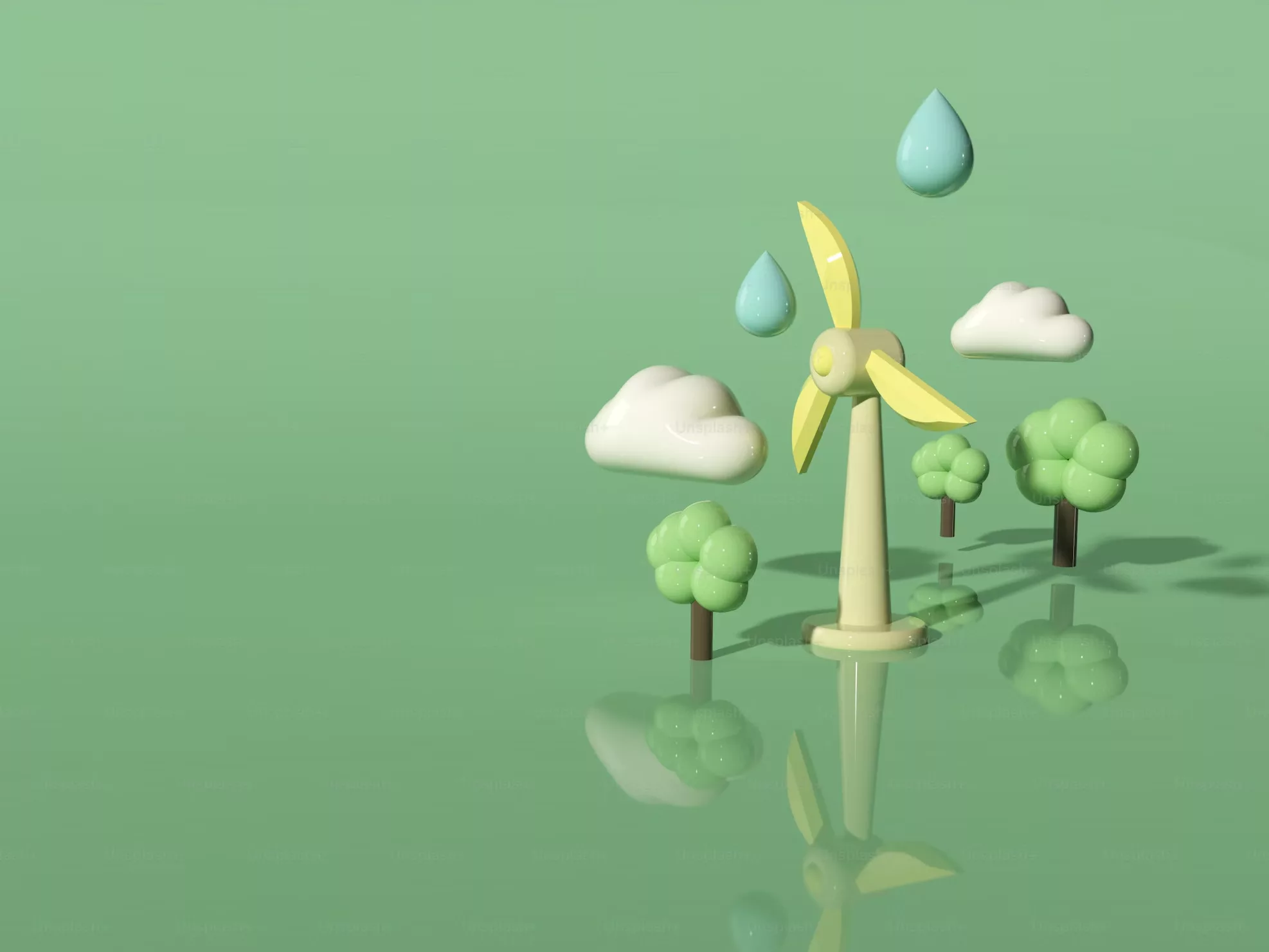The State of Washington has distinguished itself as a pioneer in environmental legislation. In a groundbreaking move, it became the first state to legislate a pathway for a dual-service utility company to shift away from natural gas. This significant stride towards decarbonization is a product of the legislation supported by Puget Sound Energy. The bill aims to consolidate electric and gas customers under a unified rate structure while fostering the electrification of communities, eventually enabling the decommissioning of gas infrastructures. Escalated efforts have ensured that low-income consumers receive prioritization for electrification benefits. By 2045, Washington aspires to produce entirely clean electricity, and this legislation is a solid step towards that goal, especially for the state’s largest mixed-fuel utility.
Empowering Ecological Transport in Education
Legislation targeting environmentally-friendly transportation for school districts has been enacted to support a switch to zero-emission school buses once they become more economical than traditional diesel-powered buses. The Natural Resources Defense Council (NRDC) has contributed to this initiative with a study emphasizing the harmful effects of diesel emissions on children’s health. Trends suggest that within five years, the shift to zero-emission buses could be financially viable for educational institutions, marking a crucial advancement in ecological transport.
Initiatives to Curb Food Waste and Methane Emissions
In an effort to address food waste and enhance organic material management, Washington’s HB 2301 bill unfolds a strategy which incorporates hunger reduction and advancing organic waste diversion practices. The latter helps to mitigate methane emissions from decomposing matter in landfills. The bill not only establishes the Center for Sustainable Food Management, aiming to allocate grants in support of these initiatives but also launches a commodities donation program encouraging growers and grocers to contribute surplus food, therefore minimizing waste.
Advancing Geothermal Energy Solutions
Washington’s innovative geothermal bill revises the “obligation to serve” for gas utilities, permitting the sale of thermal energy in lieu of gas. These thermal energy networks, powered by ground-source heat pumps, enhance efficiency and can withstand an array of climate conditions. To foster these developments, the state budget sets aside a $25 million grant for gas utilities’ pilot projects, positioning Washington alongside Colorado and New York in embracing networked geothermal heat provisions.
Linking Carbon Markets for Amplified Impact
A newly introduced law aims to synchronize Washington’s Climate Commitment Act with the existing carbon markets of California and Quebec. Anticipating integrated allowance markets, the Washington Department of Ecology has been working on policy adjustments to enable this connection, a process forecasted to span several years. The preliminary auctions in the state are already generating finances to support various green initiatives, emphasizing both tribal projects and pollution reduction.
Environmental and Public Health Enhancements
Washington’s legislators have passed significant laws for the improvement of public health and environmental protection.
Proactive Measures Against Lead Exposure from Cookware
A critical study funded by the Centers for Disease Control and Prevention recognized aluminum cookware as a prominent source of lead exposure, particularly from products manufactured in developing countries. Spurred by these findings, Washington has unanimously passed legislation banning the sale of lead-containing cookware, thereby becoming a leading state in combatting lead poisoning.
Advocating for Clean Construction Material Use
The HB 1282 bill champions the reduction of embodied carbon in state-funded construction projects. This measure aligns with the Federal-State Buy Clean Partnership and promotes transparency among contractors regarding environmental and workplace standards of vital construction materials such as concrete and steel. A work group has also been formed to recommend policies favoring the production of low-carbon materials.
Transitioning Away from Mercury Bulbs to LEDs
With the passing of HB 1185, Washington joins seven other states in prohibiting the sale of mercury-containing light bulbs. Transitioning to LEDs, which are far more efficient and durable, is sure to lead to consumer savings over time. Even as the phaseout progresses, the state maintains a product stewardship program, ensuring safe disposal of fluorescent bulbs.
Enhancing Pollinator Protection
Additionally, SB 5972 targets specific uses of toxic neonicotinoid pesticides that are harmful to bees and other wildlife. Although the law doesn’t extend restrictions as comprehensively as similar legislation in states like Nevada or New York, it signifies a positive step in safeguarding pollinators and ecosystems in Washington.
